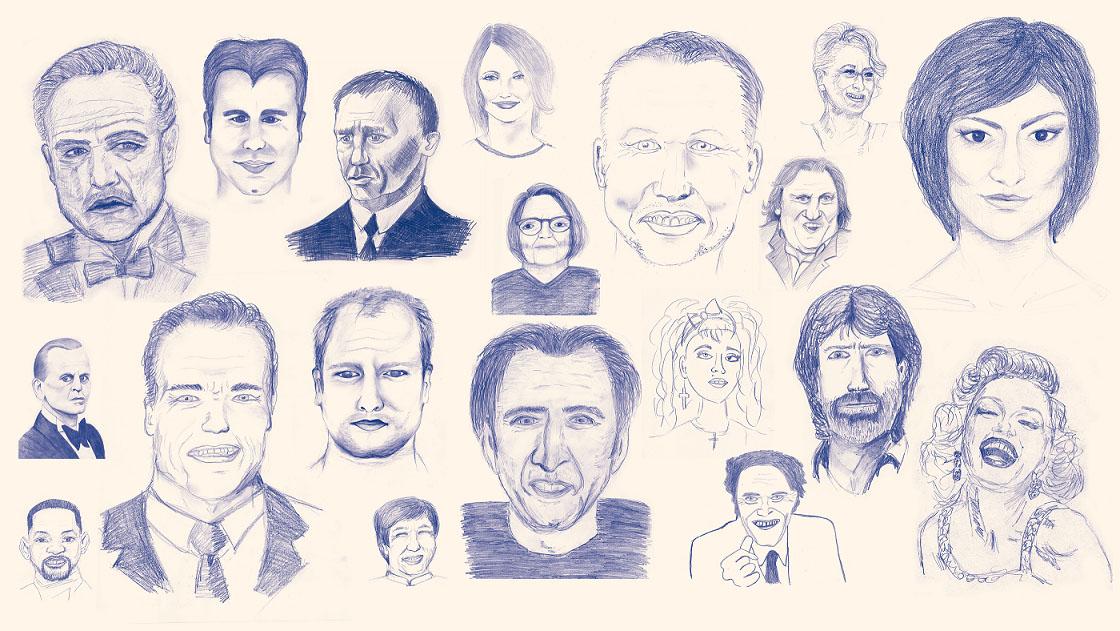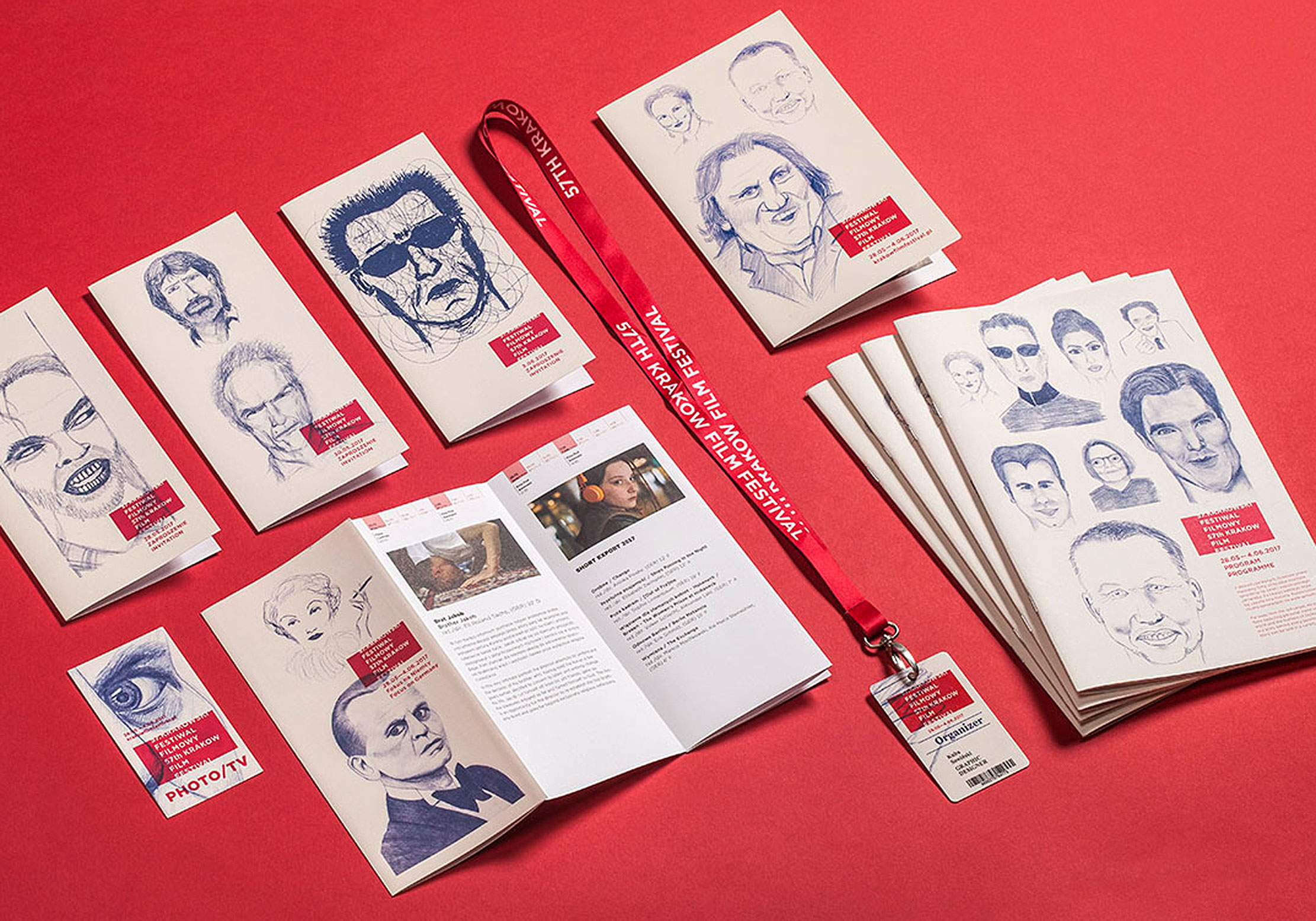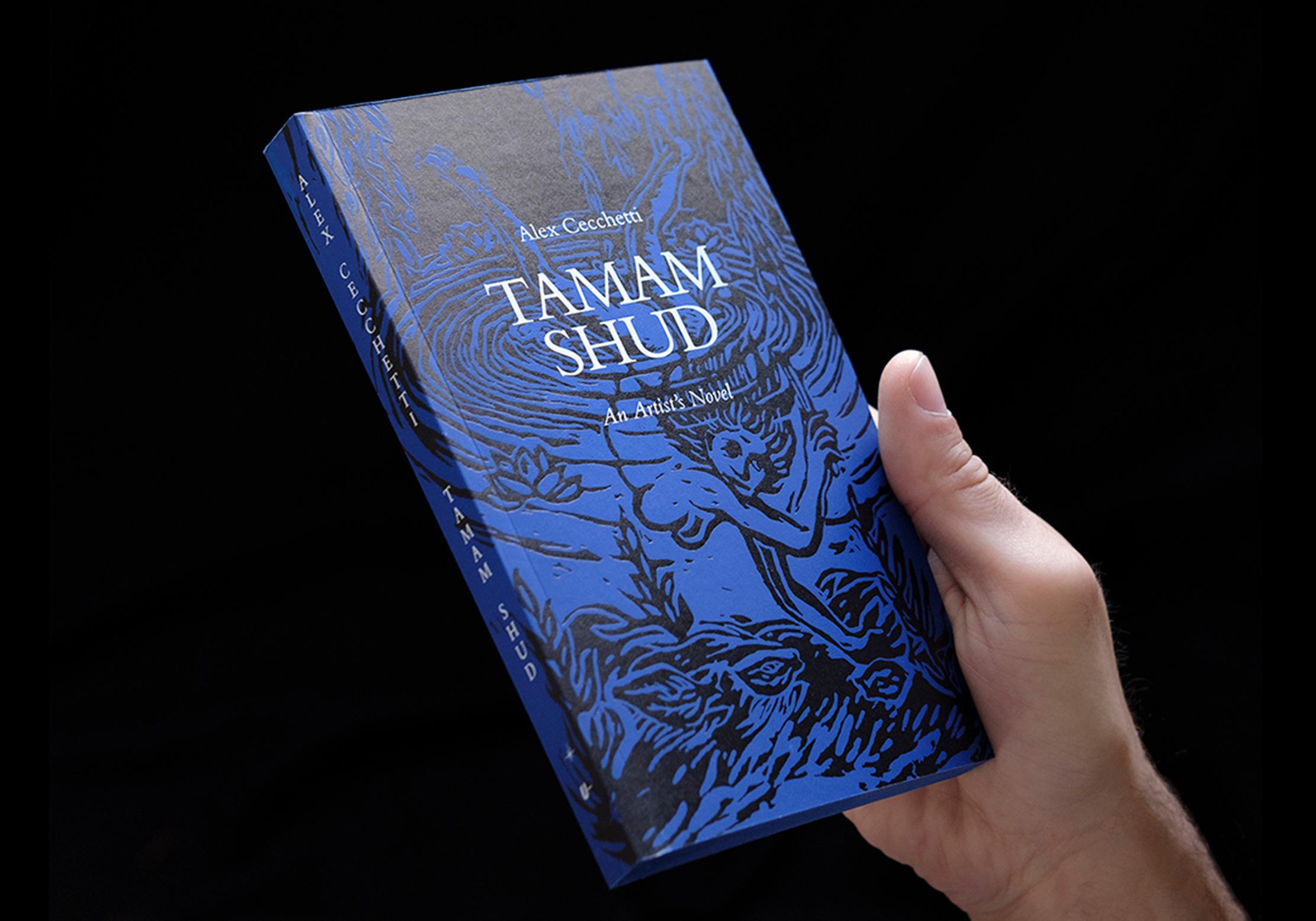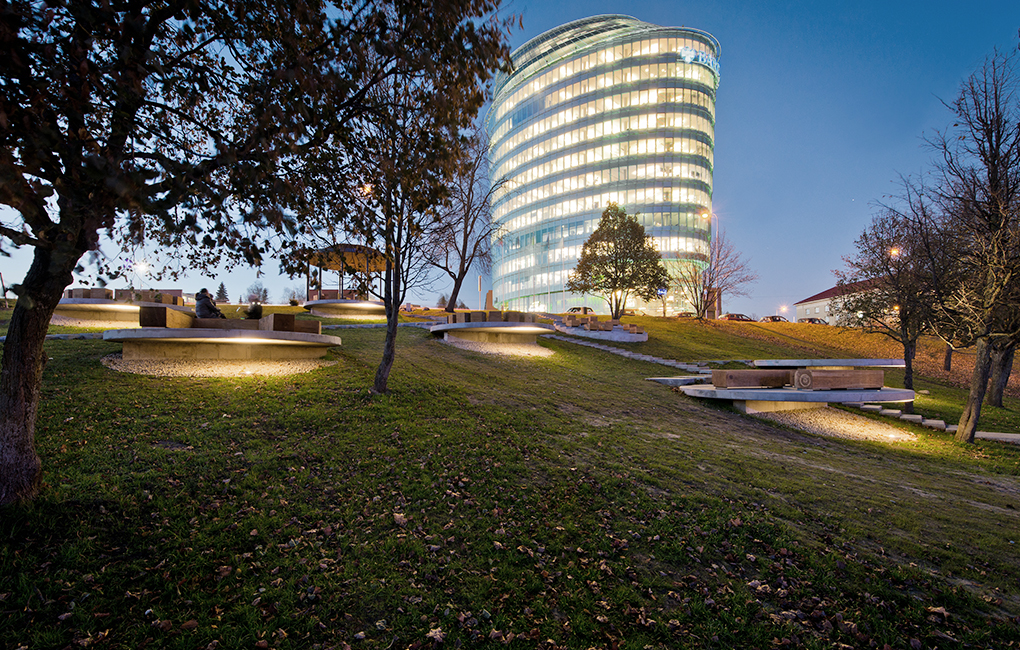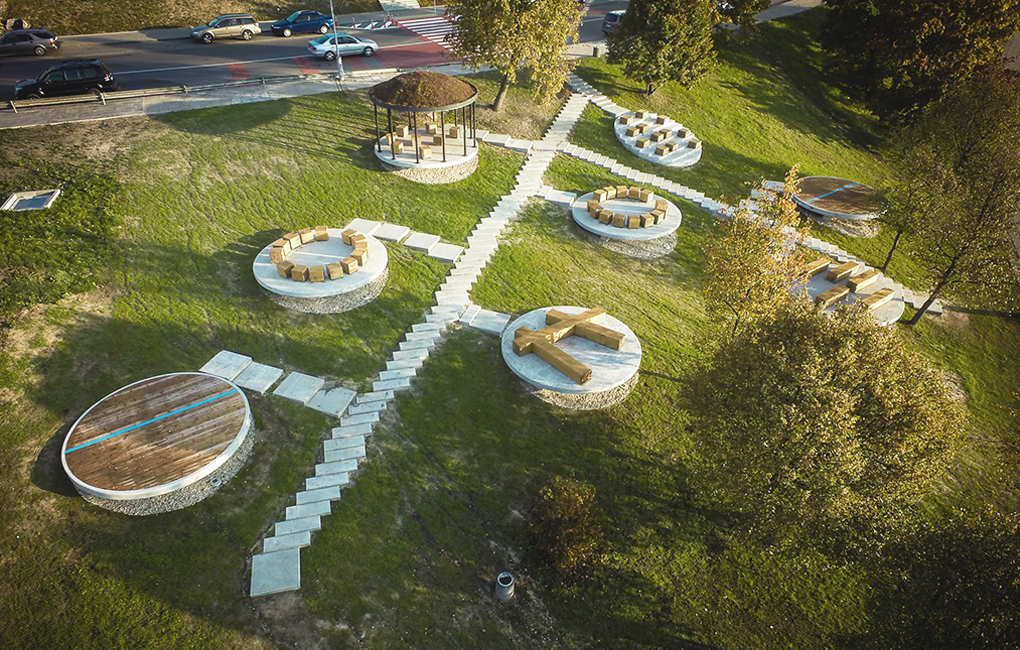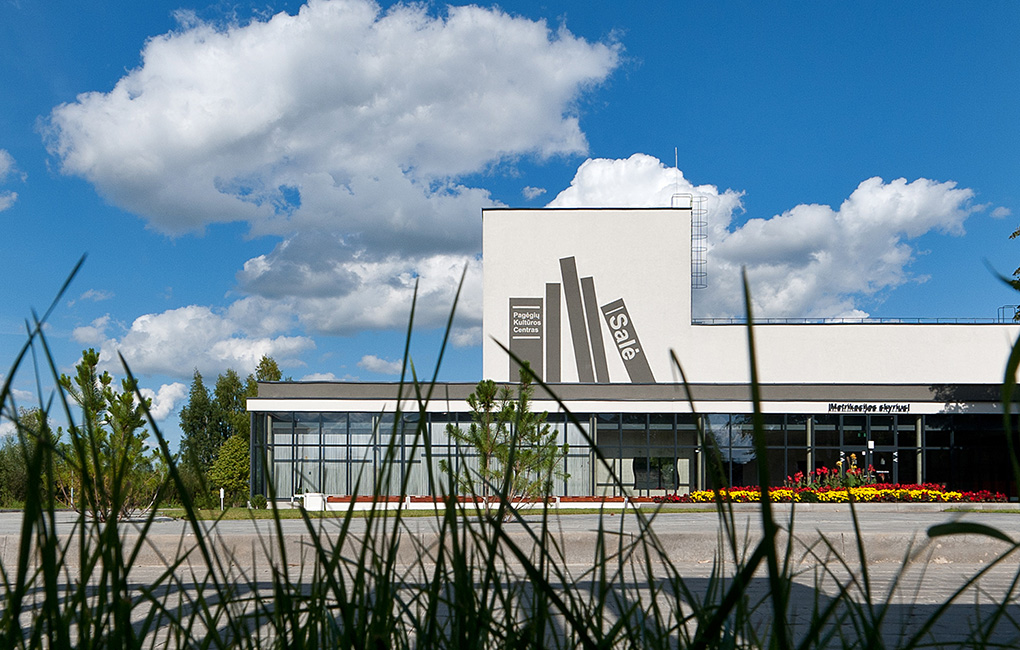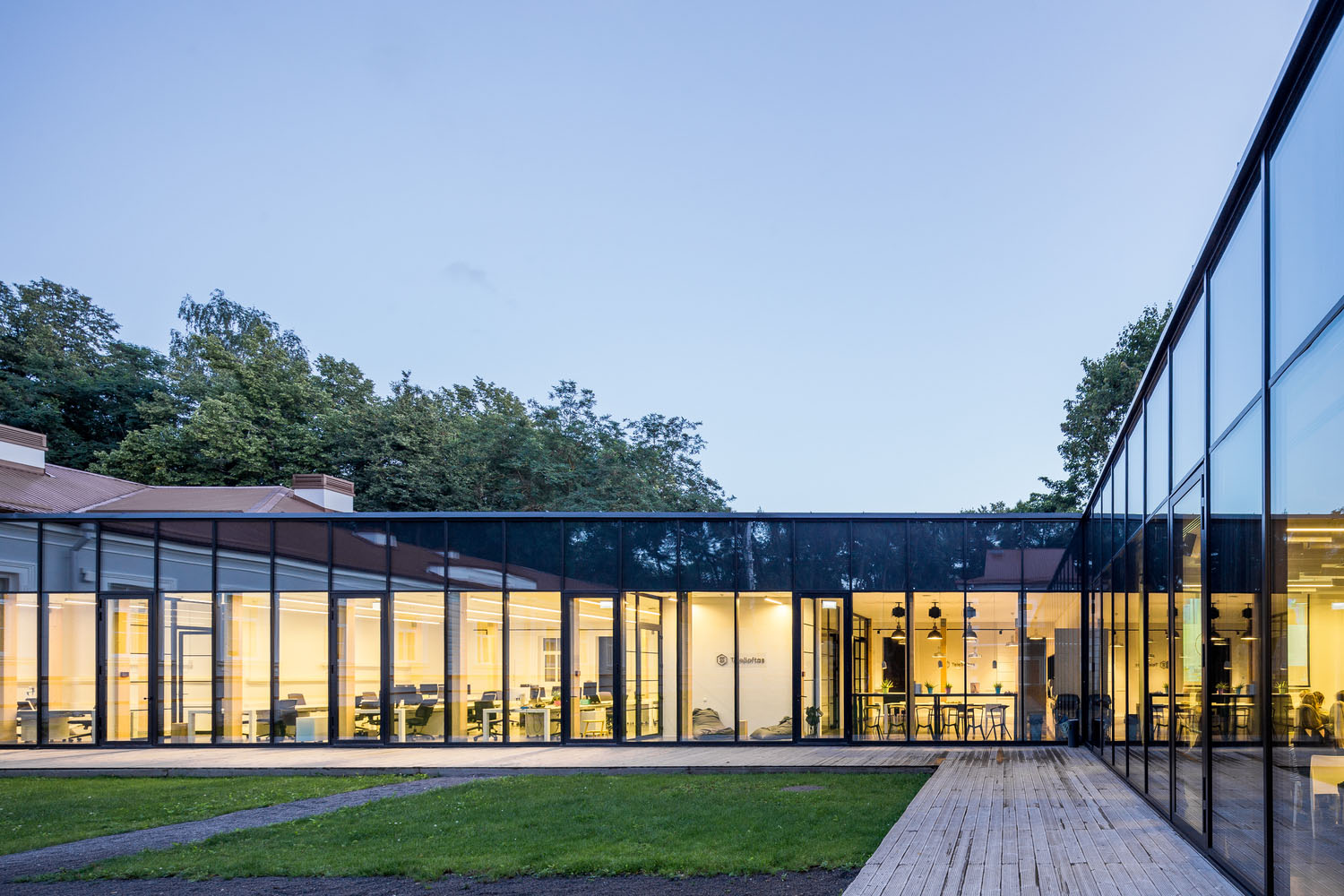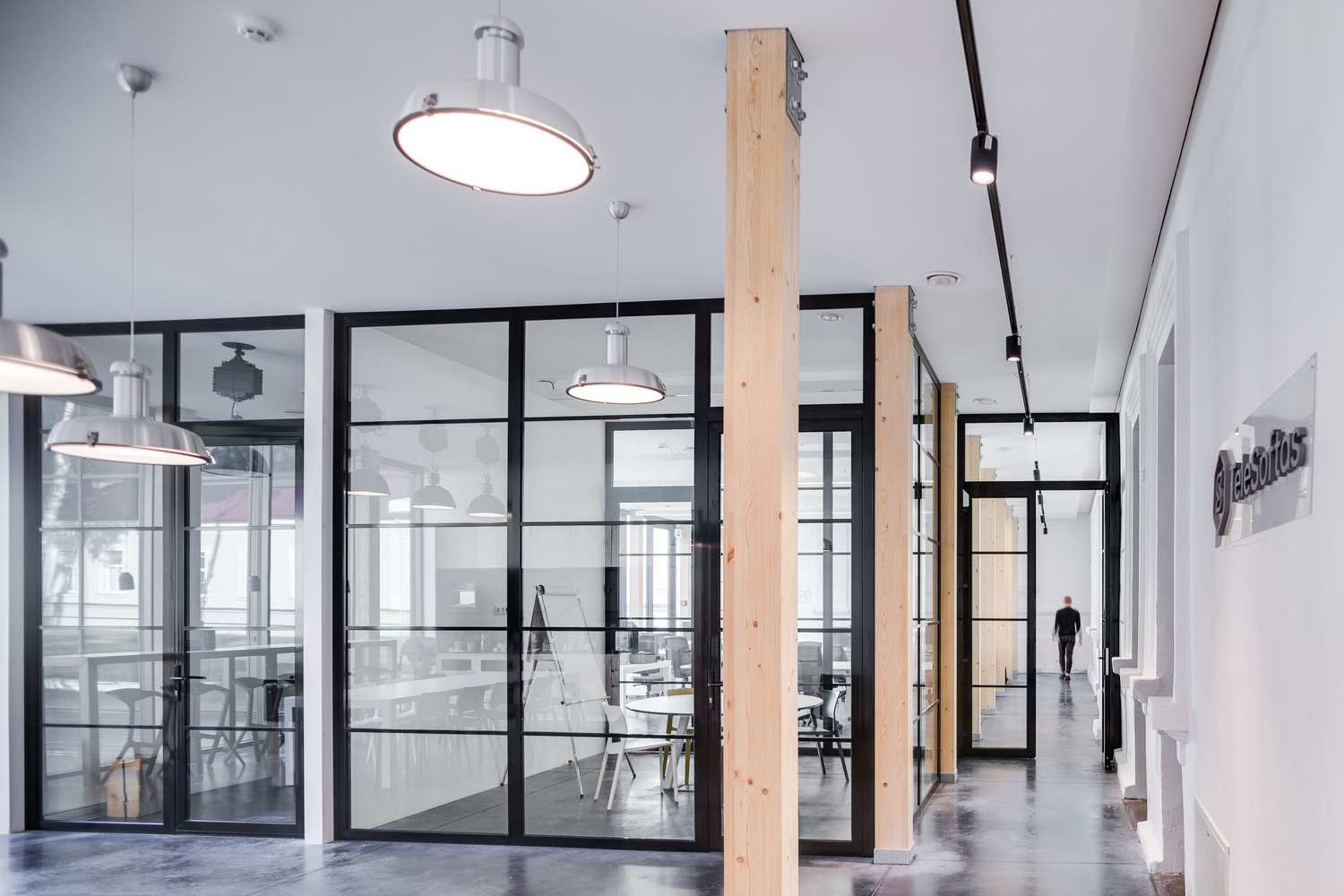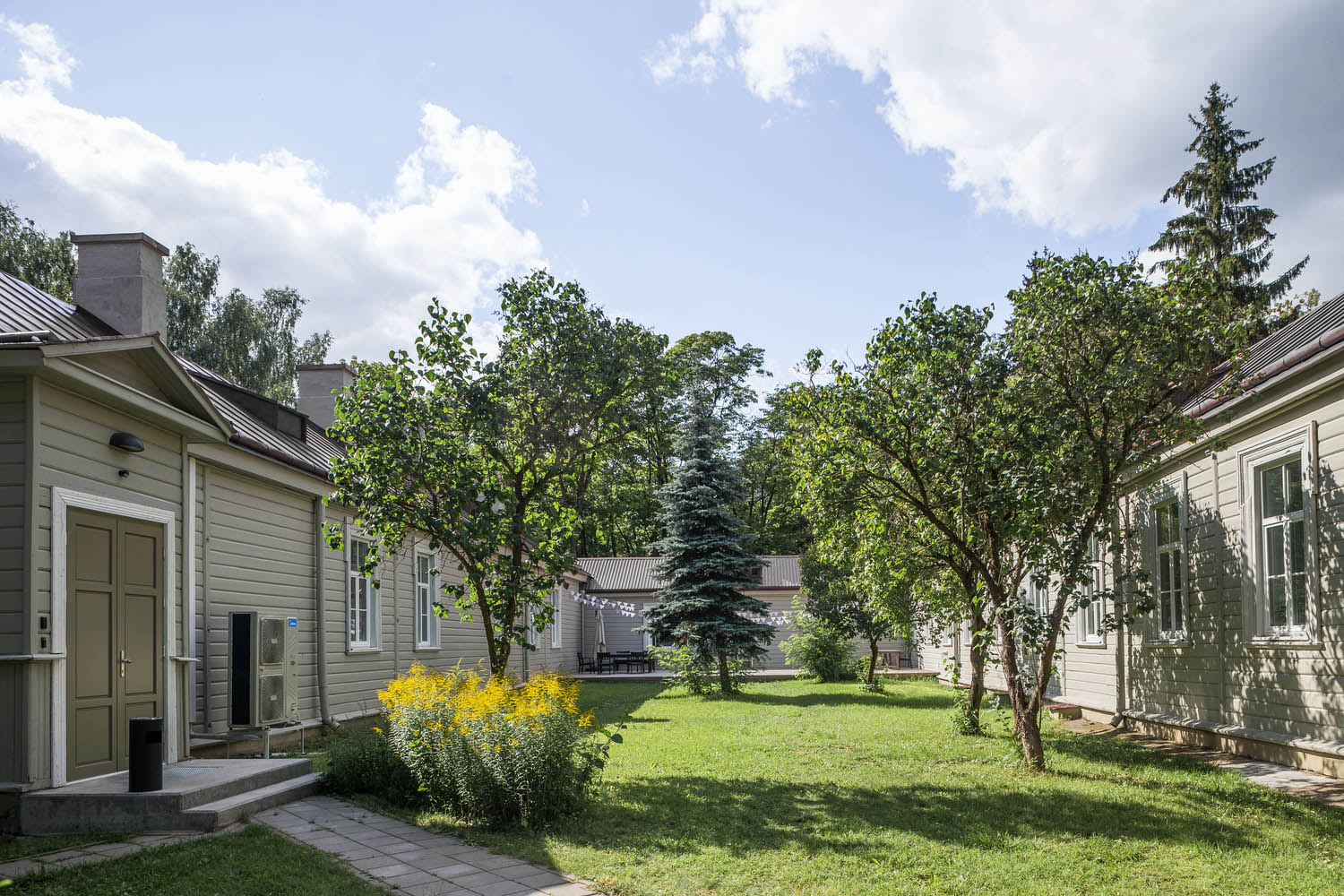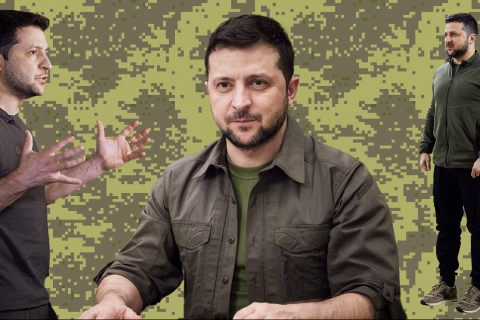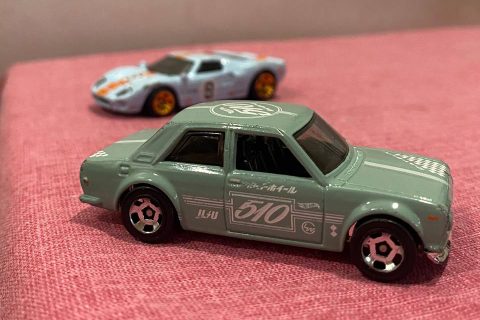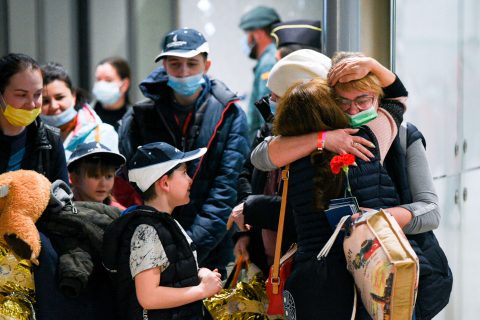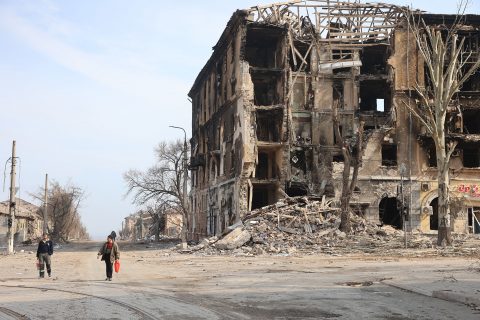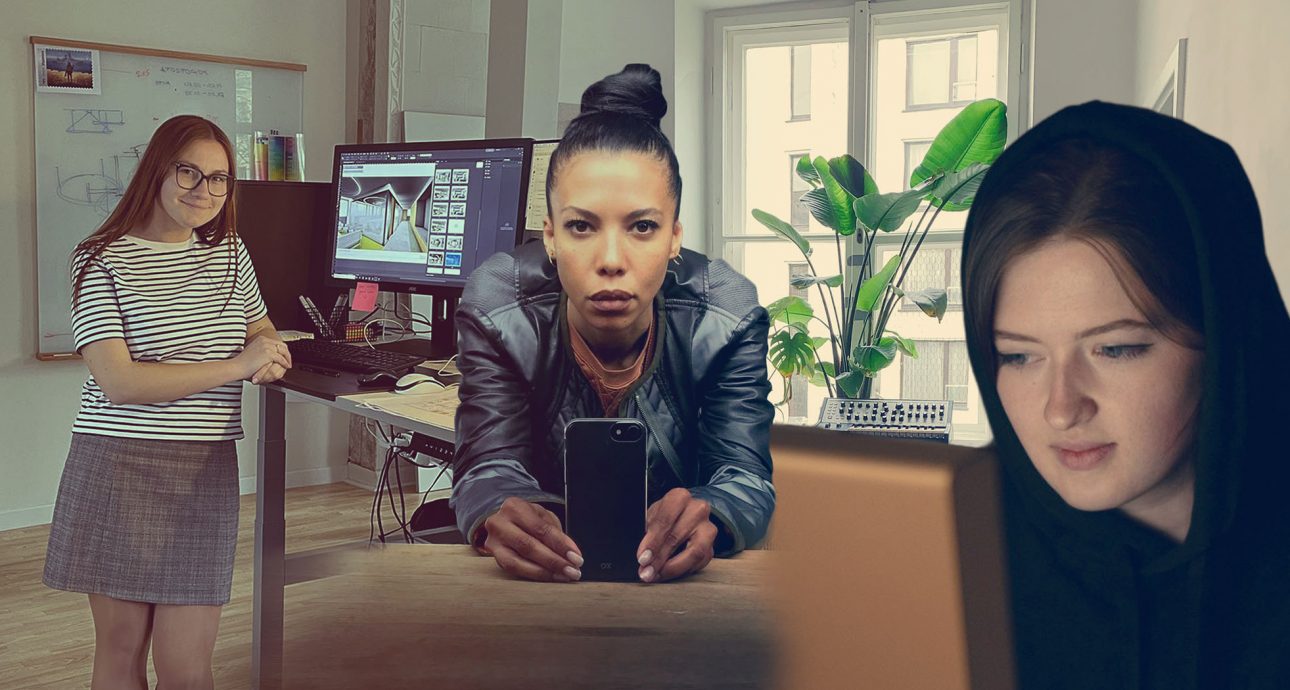
“The War Has Given Me a Chance to Reboot My Life”: Ukrainian Refugee Women on Pursuing Their Careers Abroad
As of the 6th of April, 41% of Ukrainian residents had lost their jobs because of the war. This is not only due to layoffs, occupation, or conscription — 20% of adult citizens can’t work because they have had to move. Many Ukrainian women fled to Europe and started looking for a job there. Not everyone can find a position in their field, with most openings available in retail, manufacturing, and agriculture. Bird in Flight talked to the women who managed not only to find a job abroad during the war but also made progress in their careers.

TV presenter. Moved from Kyiv to Düsseldorf.
The last two years have been hard. My mum and my best friend died almost at the same time. The pandemic and lockdown didn’t make me any stronger either. Also, the long-time relationship I had been in abruptly ended in end-2021. I found myself along on the New Year. My job was the only thing that kept me going.
— I gave over 20 years of my life to television and was involved in all kinds of formats, from entertainment to sociopolitical. I anchor live broadcasts and love this responsible and challenging job.
On the 24th of February, I woke up to the sounds of explosions, much like many Ukrainians. I hurried to work at once and anchored the news marathon. However, our studio was closed four days later.
I didn’t plan to leave the country, only went to the suburbs. When a nearby village came under shelling, I decided it was time to go. My father, who lives in Nigeria, made an invitation for me, but it was too late — the embassy no longer worked. Then an acquaintance of mine in Düsseldorf suggested I go to Germany. When I arrived, I was shattered, to say the least. But he was so supportive. He showed me a few job openings at RTL, a German TV channel. Having made a reel, I submitted my resume. Soon, they came back and invited me for a trial recording. On the eighth day of my stay in Germany, I signed a contract with the TV channel with a three-month probation period.
I work on a programme covering the events in Ukraine. It’s an 8-minute block that runs at 8 PM. My audience is refugees, so I speak Ukrainian. The subtitles in German are shown at the bottom of the screen. The structure of my news spot is simple: the digest of the latest developments, expert opinions, and something positive at the end. I prepare all the texts and anchor the programme myself.
Karolina’s TV programme
I have a lot of connections in Ukraine, so I keep suggesting new speakers and guests. However, my German colleagues see me primarily as a presenter and are cautious toward my suggestions. German TV is different from what we have in Ukrainian. Nobody hurries here, everyone works according to the schedule, and work-related discussions cease after 7 PM. If you don’t finish something on time — that’s your problem. On the one hand, it’s a plus, because colleagues respect their time and yours. On the other hand, it feels unusual because the events and news don’t follow a schedule.
German TV is anything but hectic — everyone is working according to the schedule.
Recently, I met with the channel’s CEO. I saw the respect with which he treated each employee—from presenters to janitors. The German media market also has high standards. Here, anchors can only neutrally convey the facts. The is no plurality of opinions you would see in Ukraine. Besides, German journalists can’t let themselves be openly on friendly terms with politicians.
I have no definite plans for the future at the moment. I do miss my home and my friends, but I don’t plan on returning to Ukraine any time soon. Why? Because there are no likes of Oleksandr Tkachenko among the officials here, and I value the atmosphere of tolerance in the professional sphere. In a way, the war has given me a chance to reboot my life, but it’s not the war alone. I would have stayed if not for the changes in my personal life.

Graphic designer. Moved from Kharkiv to Warsaw.
— I never wanted to emigrate. I did mull over moving to Kyiv, but certainly not to Europe. Public spaces are indeed better there, there are museums, too, but the living standards are basically the same. About a month before the war, I decided to move in with my sister in Warsaw if things went sideways. I mean, it wasn’t a plan, just a thought to calm myself down.
On the 24th of February, I called my family, who live in Polohy, Zaporizhzhia Region, packed the laptop in my only backpack, and went to the railway station. There was chaos there, people couldn’t board the train without tickets, and I managed to buy one by cheer miracle. I made it to Poltava and on to Polohy. A few days later, I left for Zaporizhzhia, where I took an evacuation train to Lviv. I had to do it on my own because my family had decided to stay. Eventually, my mum and brother went to Poland, and my dad currently lives in occupation.
On our way to Lviv, we stopped in Kyiv, which was heavily shelled at the time. I am proud of Ukrainian Railways — they have god-level car attendants. There were a lot of passengers: people even had to lay on the floor in the aisles — those were primarily men from abroad. In Lviv, I immediately took a bus to Warsaw.
In Ukraine, I made a living as a designer at the Grafprom studio for 5 years, a tutor at the Kharkiv School of Architecture, and a freelancer. I wanted to leave Grafprom even before the war, so I started looking for a job while on the road, realizing there was a massive influx of refugees and there wouldn’t be enough work for everyone. And I needed work to pay for accommodations.
I asked my friends in Poland to find me somewhere to live, and one of them said he had one option. This is how I ended up at Jakub de Barbaro’s place. He is a famous graphic designer and usually works alone. Getting swamped in projects, though, he was looking for an assistant. Jakub designs books, organizes cultural events and exhibitions, and works with museums.
He invited me immediately, without even checking my portfolio, because he trusted the friend who referred me. He looked at it eventually and liked what he saw. Our office is in a rented flat, and Jakub let me live there. We work together, just the two of us. Occasionally, the third local girl joins us. The work is very much what I’m used to doing. We talk to clients in person or over Zoom. We have six-hour workdays but usually work longer. I do my work, make suggestions, and it’s up to Jakub to approve them.
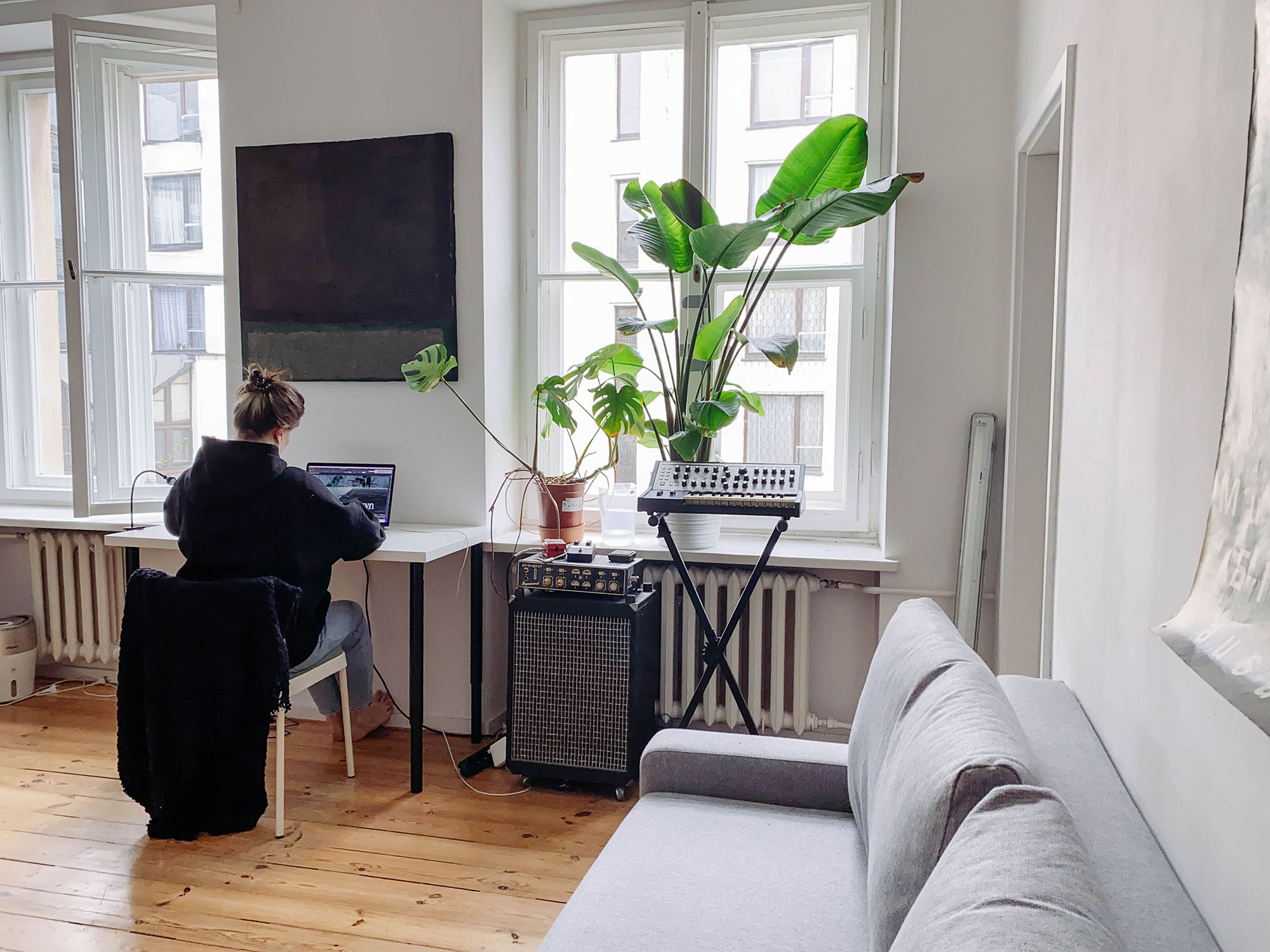
The flat where Alina currently lives and works
The projects are somewhat different: there were more commercial orders in Ukraine, and here most of them come from the cultural field. We develop the visual identity for the Warsaw Biennial, a contemporary art museum, two classic music festivals, and a Polish artist’s exhibition. In Europe, culture has larger budgets — I mean, in Ukraine, hardly any money is allocated for design in this field, even though it should be. However, few get to work with contemporary art museums in Poland, too — I just got lucky.
The pay is pretty much the same as in Ukraine. Naturally, I didn’t count if my income increased or dropped. All I can think of is how lucky I am to have a job, a roof over my head, and supportive people around me.
I didn’t count if my income increased or dropped. All I can think of is how lucky I am to have a job, а roof over my head, and supportive people around me.
I don’t speak Polish, but I’m trying to learn it — just like that while doing my work. People start speaking English to include me in the conversation. Still, if a meeting continues for 4 hours and everyone’s racking their brains, they start falling back to Polish. The Poles show interest in what is happening in Ukraine and try to help. Some of the locals I know even started taking Ukrainian language courses. I tell them about our contemporary culture, show memes, and teach them Ukrainian designer slang, like that we call the logos grouped at the bottom of a poster a “graveyard”.
I want to return to Ukraine so much, but there is no way to plan anything now. I feel like there will be little work for me immediately after the Ukrainians win, but I definitely want to go home eventually.

Architect. Moved from Kyiv to Vilnius.
— I lived and worked in Kyiv but went to join my parents in Dnipro on the second day of the war. My mom is a doctor and plans to remain in the city till the end. As for me, I started thinking about what to do next. On one channel for architects on Telegram, I saw job openings in Lithuania. I sent my portfolio to several companies there, never hoping to hear back from them.
The founder of one such company turned out to have Ukrainian roots. He even contacted me on Facebook and persuaded me to leave the country. On the 6th of March, I went to join them. I managed to board the train only on the third try, though. Those were the four most horrible days of my life: seven hours in a queue, then a packed-up train to Ternopil, where even more people boarded. There were so many passengers it was impossible to reach the toilet even. From Ternopil, the train went to Lviv. There, I took the taxi to the state border and, after five hours out in the cold, finally entered Poland. Then I spent a night in a refugee shelter, then another at one Polish woman’s place, and finally set off to Lithuania. On this trip, I understood the value of treating people humanely.
I have been working in architecture for about two years, of which the last nine months I worked for Zotov&Co., an architectural bureau. Sometime before the war, though, I left it and joined Project7 as an intern. I hadn’t had any plans to emigrate before the war and even entered a post-graduate programme at the National Academy of Fine Arts and Architecture.
In Lithuania, I was accepted to A2SM Architects, established in 2006. I knew nothing about the company before, but I liked their projects. They design office buildings and create reconstruction projects in Vilnius. According to the Lithuanian legislation, the designs for installations covering the area of over 2,000 sq m are selected by way of competition, so there are many entries of this kind on A2SM Architects’ portfolio. The company employs about 20 people.
There was no interview as such — I was accepted after a portfolio review. I have moved in with my colleague. She speaks Russian and is married to the grandson of a National Academy of Fine Arts and Architecture professor, but it’s a total coincidence. I help them with everyday matters and pay for utilities. I’m thrifty, so I even send some money to my parents.
I dreamt of working in an architectural bureau like this — a high-profile company with exciting projects that actually get implemented. The work schedule, conditions, and atmosphere are excellent, too. The workday begins at 9–9:30 AM with a coffee. We also share a table during lunch, discussing the situation in Ukraine. Also, the office is pet-friendly.
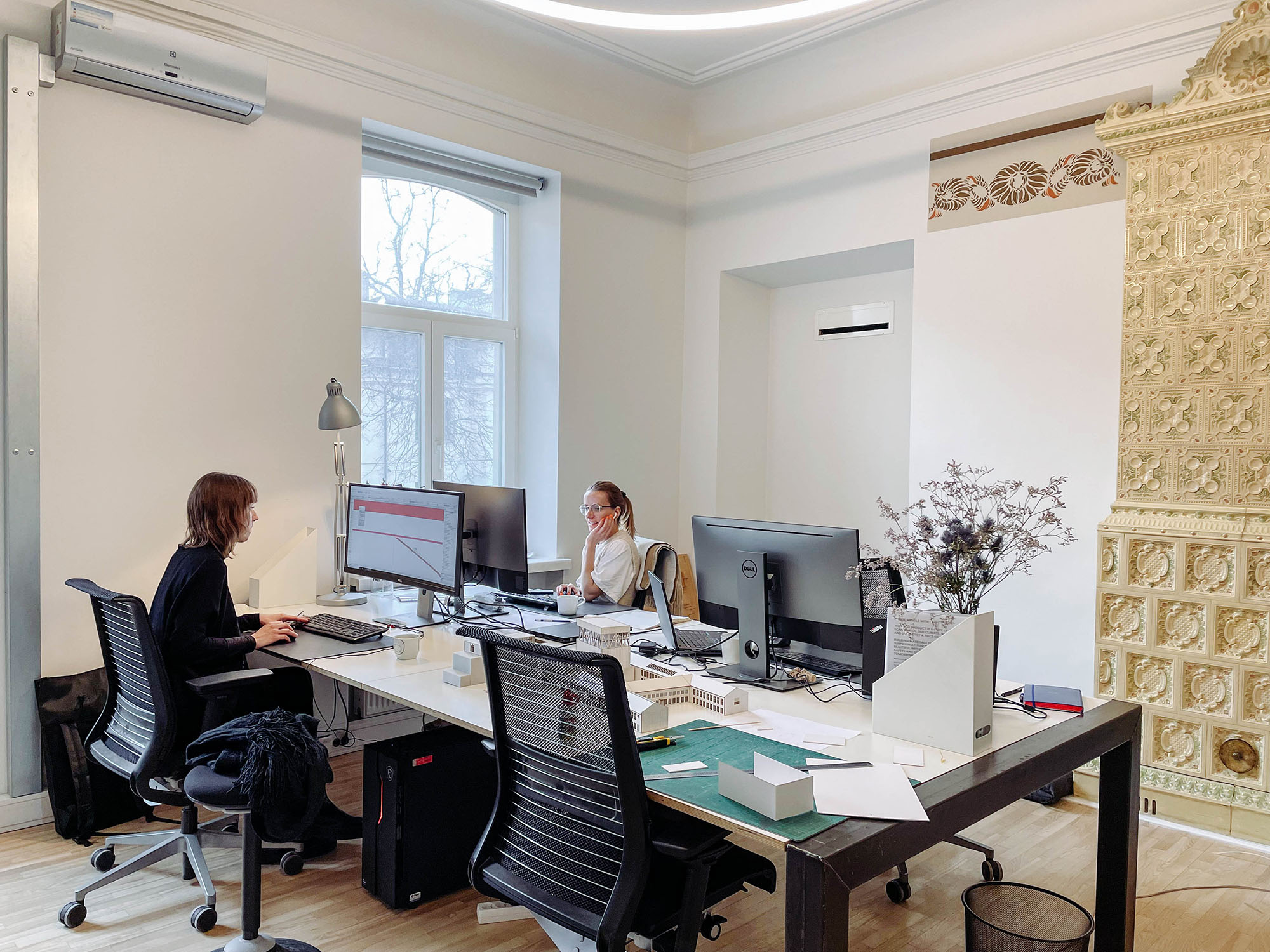
A2SM Architects’ office
I am currently involved in an ongoing project, introducing changes in real-time, issuing construction specifications, negotiating engineering solutions, and selecting furniture for an office of a large pharmaceutical company in California slated for opening in June. I can make suggestions, and some of them are being put into life already.
The largest difference from Ukraine is fixed working hours. It feels strange to always leave at 6 PM. There is also a language barrier — construction workers often don’t speak English. Also, all new buildings in Lithuania are required to produce more energy than they consume since 2021 — they are hard to design and expensive to build. The locals openly say it’s to prevent Russia from using energy carriers as leverage.
The largest difference from Ukraine is fixed working hours. It feels strange to always leave at 6 PM.
My salary is almost 50% higher here, and my boss paid me in advance even before signing the contract so that I could buy everything I needed because Lithuania provides no monetary aid for refugees. I feel that people care: everyone asks how I feel, recommends something, and invites me somewhere. The company is ready to employ another Ukrainian, but there have been no candidates so far.
I am officially employed under an annual contract — it’s the shortest-term employment they can offer. The boss promises to let me go once I want to go back, though, understanding I have come here to gain experience and will return to Ukraine when hostilities cease. We are a strong nation. We will rebuild, and architects will be sorely needed for that.
I tell colleagues about Ukraine. Someone asked if the people who spoke Russian in Dnipro supported Putin, and I had to explain that a lot of Russian-speaking Ukrainians are patriots. Sometimes, we even order Ukrainian food. My colleagues also keep reminding me that it’s important to have a routine to stay sane, so we are all currently looking for baking forms for Orthodox Easter at the moment.
New and best
